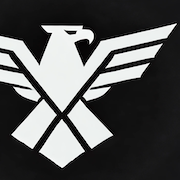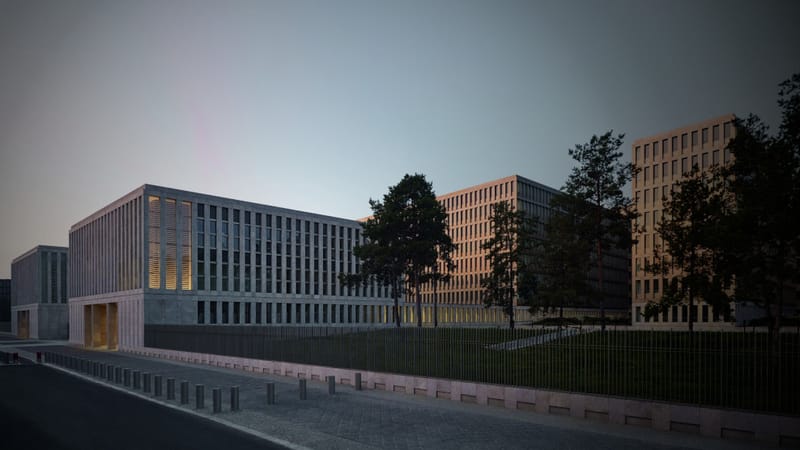Ireland’s Defense Debate: 2024 Election Amid Global Shifts
Pre-election polling data reveals a remarkably tight race, with Fianna Fáil leading at 21% support, while both Fine Gael and Sinn Féin hover around 20%. This electoral equilibrium reflects shifts in Irish political consciousness, particularly in defense and security policies.

As Ireland heads to the polls on November 29, 2024, to elect its 34th Dáil, the nation faces a complex intersection of domestic challenges and international pressures that could reshape its political landscape. The election, conducted under Ireland's distinctive proportional representation-single transferable vote (PR-STV) system, comes at a critical juncture when security concerns and economic uncertainties dominate the national discourse.
Electoral Dynamics and Party Positions
Pre-election polling data reveals a remarkably tight race, with Fianna Fáil leading at 21% support, while both Fine Gael and Sinn Féin hover around 20%. This electoral equilibrium reflects deeper shifts in Irish political consciousness, particularly regarding defense and security policies. Fianna Fáil, under Micheál Martin's leadership, has proposed unprecedented security reforms, including the establishment of a centralized intelligence agency modeled after the CIA – a significant departure from Ireland's traditionally modest security apparatus.
The Defense Policy Review of July 2024 has become a central element of campaign discourse. The review's emphasis on enhanced maritime security and integrated monitoring systems directly responds to recent security incidents, including the detection of Russian vessels in the Irish Sea. Notably, a suspected Kremlin-operated "research vessel" was identified conducting potential surveillance operations, raising concerns about Ireland's military vulnerabilities.
Economic Challenges and International Relations
The election coincides with significant external economic pressures, particularly from anticipated U.S. policy shifts. President-elect Donald Trump's proposed corporate tax reforms threaten Ireland's position as a preferred destination for U.S. multinational corporations. Current Taoiseach Simon Harris faces the immediate challenge of maintaining Ireland's competitive advantage while addressing domestic security concerns.
Security and Defense Transformation
Fine Gael's campaign platform advocates for a fundamental reassessment of Ireland's traditional neutrality stance, proposing increased defense spending and deeper European security integration. This position contrasts with the Social Democrats under Holly Cairns, who maintain support for neutrality while pushing for improved Defense Forces funding and personnel conditions.
The Defence Forces face critical operational challenges, with recruitment and retention issues hampering the implementation of security enhancements. Internal reviews have revealed systemic problems in application processing and compensation structures, issues that the next government must address to maintain operational effectiveness.
More related stories on defense policy on grosswald.org:

Immigration and Internal Security
Recent anti-immigration protests and associated violence have elevated immigration policy to a primary electoral issue. Political parties have adjusted their positions accordingly, with some adopting more restrictive stances to address public concerns about social cohesion and security.
Future Implications
As voting stations remain open from 7 a.m. to 10 p.m., the intricate PR-STV counting process means final results may not be known for several days. However, the election's outcome will likely have far-reaching implications for Ireland's security posture, economic strategy, and international relationships.
The convergence of domestic security challenges, economic pressures, and international strategic considerations makes this election particularly significant for Ireland's future trajectory. The next government must balance maintaining Ireland's economic attractiveness to international investors while addressing growing security concerns and modernizing its defense capabilities.
Regardless of the outcome, Ireland's 2024 election marks a crucial moment in the nation's evolution from a traditionally neutral state to one increasingly engaged with complex international security dynamics while maintaining its unique political and economic identity.





